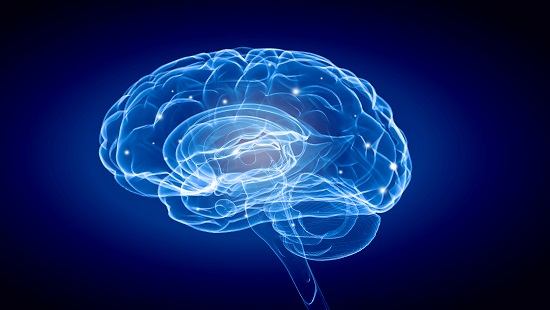Neurosciences
Neurocritical Care

University of Maryland Capital Region Health is equipped to care for the sickest patients when timely neurological care is critical.
UM Capital Region Health neurocritical care specialists collaborate with specialists at the University of Maryland Critical Care Resuscitation Unit to ensure that critically ill patients with time-sensitive neurocritical emergencies are admitted to the University of Maryland Medical Center regardless of bed availability.
Neurocritical Conditions We Treat
- Brain tumors
- Encephalitis/meningitis
- Guillain-Barre Syndrome
- Hydrocephalus
- Ischemic strokes
- Intracerebral/intraventricular hemorrhages
- Myasthenia gravis
- Subdural hemorrhages
- Spinal Cord injuries
- Seizures/status epilepticus
Traumatic brain injury
- Advanced Monitoring and Treatments
- Advanced MRI imaging
- Continuous EEG monitoring
- CT scan
- Cutting-edge hemodynamic monitoring
- Intracranial pressure measurement
- Jugular venous oxygen saturation
- Regional brain metabolism and oxygenation measurement
- Ultrasound
We prevent secondary brain injury with advanced targeted temperature management devices, medications, and interventional neuroradiology and neurosurgical interventions.
A Multidisciplinary Approach
Our neurocritical care team works closely with our colleagues from neurosurgery, interventional neuroradiology, stroke neurology, epilepsy and neuromuscular disease to diagnose and manage complicated neurocritical care cases. Make an appointment with one of our neurosurgery and neurology specialists today.
Patient and Family Experience
Excellent patient care treats the whole person and commit to our patients and their families by:
- Conducting regular patient and family care meetings or consultations to mutually establish goals of care
- Integrating the patient and family into daily rounds
- Providing visitation opportunities so patients and their family members are able to spend valuable time together
- Providing information and support to family regarding ways to assist with the care of their loved one
Post-Neurocritical Care
The effects of acute neurological illness do not end when a patient leaves the neurocritical care unit.
Following brain injury, many patients are faced with long-lasting disabilities that require ongoing attention and care.
We offer support after patients leave the hospital to address follow-up concerns, aid in transitions of care and provide a roadmap to recovery.
